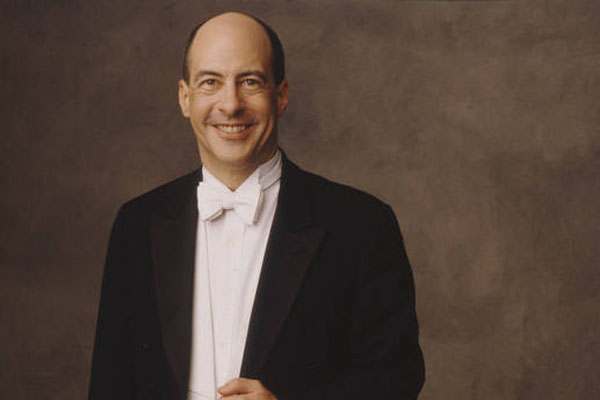
Toward a School of South Florida Composers
Earlier this month, the noted critic Barbara Jepson wrote a piece in The Wall Street Journal about the rise of an American school of composers associated with the city of Atlanta.
Perhaps the best-known of these composers are Jennifer Higdon, who just won the Pulitzer Prize, and Argentina’s Osvaldo Golijov, who surely has the broadest name recognition worldwide of the school’s members. These composers, along with Christopher Theofanidis, Michael Gandolfi and Adam Schoenberg, have been championed by Robert Spano and the Atlanta Symphony, and my limited acquaintance with their work fits with what Spano told Jepson: “There is a primacy of melody in their music.”
I find this idea of an Atlanta school of classical composition compelling and interesting, and of course that leads me to ask: What about South Florida? I’m always surprised by the level of compositional activity occurring here when I head out and talk to people about new classical music. There are quite a few local composers cranking out fresh pieces every day, and sometimes in surprising places.
Some of the names that come to mind immediately are Thomas Sleeper, Dennis Kam and Lansing McLoskey at the University of Miami, Frederick Kaufman and Orlando Jacinto Garcia at Florida International University, Carson Kievman at the SoBe Institute of the Arts, Michael Tilson Thomas himself at the New World School. Then there are the New York-based composers with strong South Florida roots, including Ellen Taaffe Zwilich of Miami and Richard Danielpour of West Palm Beach. Some of the work by these writers (again, without knowing everything they’ve ever composed) strikes me as a good bit darker than the Atlanta school.
The difference here is that these composers — and plenty of other local composers — don’t have a big city orchestra with the clout of Atlanta’s to be their champion. There are some house composers, more or less, over at Seraphic Fire, where Patrick Dupré Quigley has made a point of commissioning new choral pieces from Anglo-American composer Paul Crabtree and the choir’s own guitarist, Alvaro Bermudez, and perhaps a school of vocal writers could form around that group.
But a big, committed orchestra like Spano’s is lacking, and that has usually been the promotional vehicle with the greatest impact.
Our country has had several prominent schools of composers over the past two centuries. The New England Classicists, featuring composers such as Horatio Parker, Amy Beach and John Knowles Paine, were associated in the late 19th century with the arts institutions of Boston, which at that time was the nation’s cultural capital. Music historians also talk about a West Coast school that came to prominence around World War II, with composers such as Henry Cowell and Lou Harrison.
It’s entirely possible that a South Florida school could be recognized, and that would make a nice gimmick for recordings, and also make it easier for music journalists to write glibly about its influences and impact on the classical music culture of the nation as a whole.
But even with today’s vastly different distributional situation, there still needs to be a branded institution that helps create another brand. It’s worth noting that when the New World opens its new performance space early next year, it will do so with a world premiere: A piece by the British composer Thomas Adès. That will be an important local musical event, one of the most important in years, and it will mark some kind of milestone in the maturity of South Florida’s cultural scene.
And perhaps it will make it easier for regular concerts to be given hereabouts that feature the music of contemporary creators associated with the unique culture of South Florida.
Recent Content
-
Artsarticle ·
-
Artsarticle ·
-
Artsarticle ·
